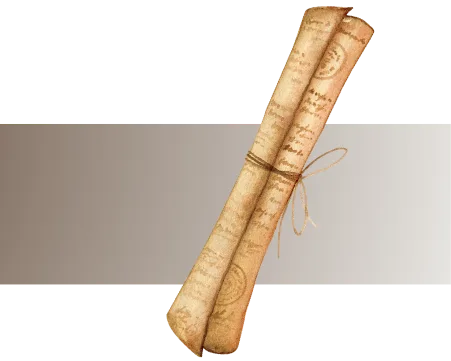
PRESS RELEASE
International conference celebrates Butuan’s maritime heritage
September 23, 2025 | Written and Published by: Philip Jamilla - UP Media and Communication Office
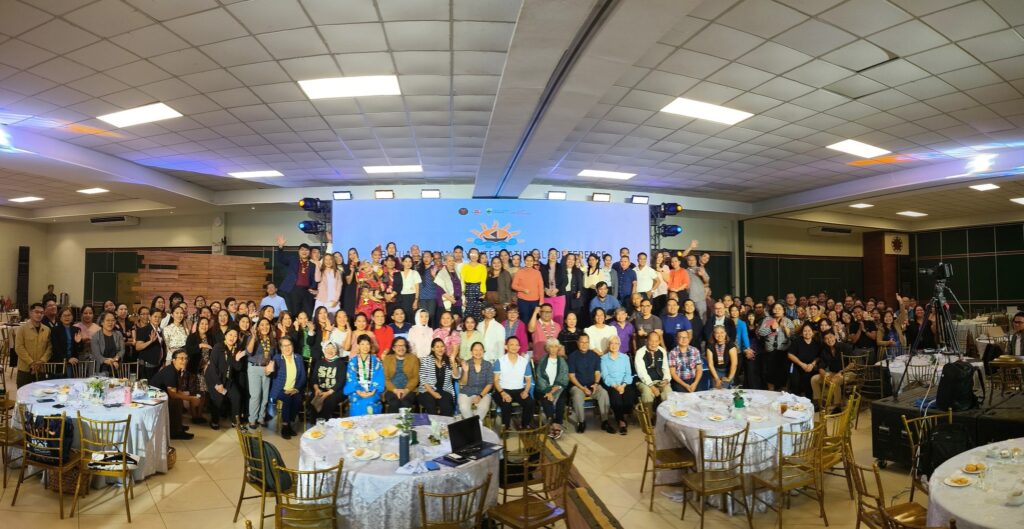
Scholars, cultural workers, policymakers, and community stakeholders gathered for the inaugural Butuan Balangay International Conference at the Almont Inland Resort on Sept. 18–19 for a two-day journey through the city’s rich maritime heritage and cultural history.
The conference marked a historic collaboration between the University of the Philippines’ School of Archeology and Center for International Studies, the Caraga State University, the National Museum, and the city government of Butuan to commemorate the upcoming 50th anniversary of the archeological discovery and excavation of the Butuan balangay boats in Agusan del Norte.
In line with this year’s theme “Maritime Heritage and Sustainable Oceans,” presentations across eight sessions also explored how indigenous knowledge and maritime heritage can inform and promote sustainable ocean practices and conservation strategies for the future.
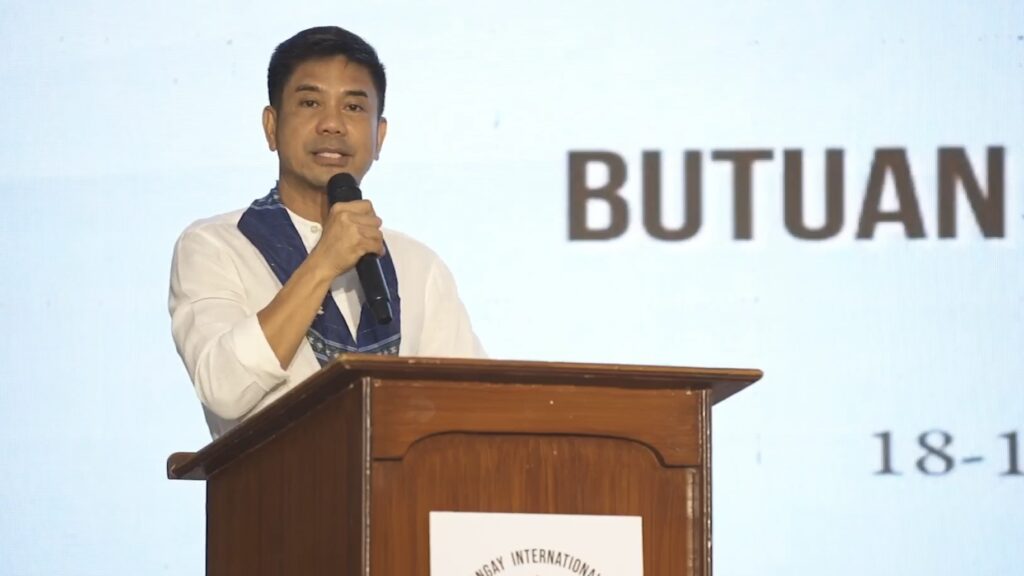
Butuan City Mayor Lawrence Lemuel Fortun welcomes the participants of the Butuan Balangay International Conference. Screencap from the SDE video of the conference’s first day.
“What we rediscover here in Butuan is not only a chapter of our shared heritage but a vision of the future we can build with the same care, cooperation and courage our ancestors showed when they looked across the horizon and believed that something better awaits us,” UP President Angelo Jimenez said, drawing from his upbringing as a Butuanon.
The conference featured keynote presentations by international scholars, each contextualizing Philippine precolonial maritime heritage within broader Asia-Pacific networks while maintaining focus on local knowledge systems and practices.
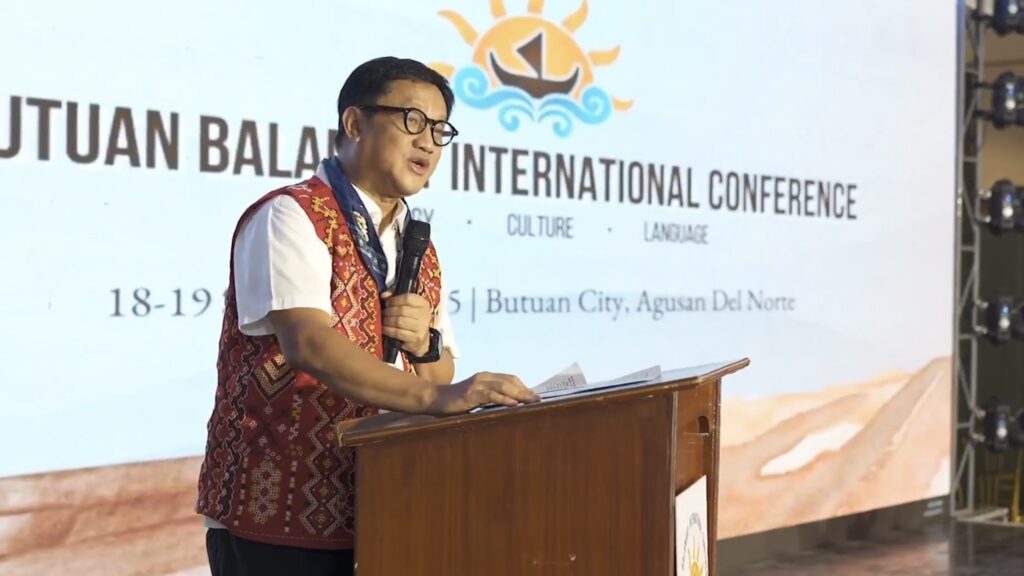
UP President Angelo Jimenez shares his upbringing and heritage as a Butuanon as he opens the Butuan Balangay International Conference. Screencap from the SDE video of the conference’s first day.
During the first day of the conference, Terue Yamauchi of the Kyushu Sangyo University’s Graduate School of Fine Arts presented her insights as an artist and researcher on the traditions of Ama or Japanese female divers, while Emeritus Prof. Pierre-Yves Manguin of the Ecole française d’Extrême-Orient reflected on his studies on the history, cultures and archaeology of the coastal states and trade networks of maritime Southeast Asia.
UP School of Archaeology Dean Leee Anthony Neri opened the second day with his keynote presentation hypothesizing on the maritime mobility of seafaring peoples in the Celebes Region through the geochemical analysis of obsidian found in the region’s island groups. Agni Mochtar of the Badan Riset dan Inovasi Nasional, meanwhile, presented findings from her research on shipwrecks, such as the remains of Southeast Asian lashed-lug vessels in Indonesia.
Interactive art exhibitions, cultural performances and community engagement were woven with the presentations in this year’s conference for an immersive experience that “affirmed that culture is alive, vibrant and constantly renewing itself in our midst,” according to Caraga State University President Rolyn Daguil.
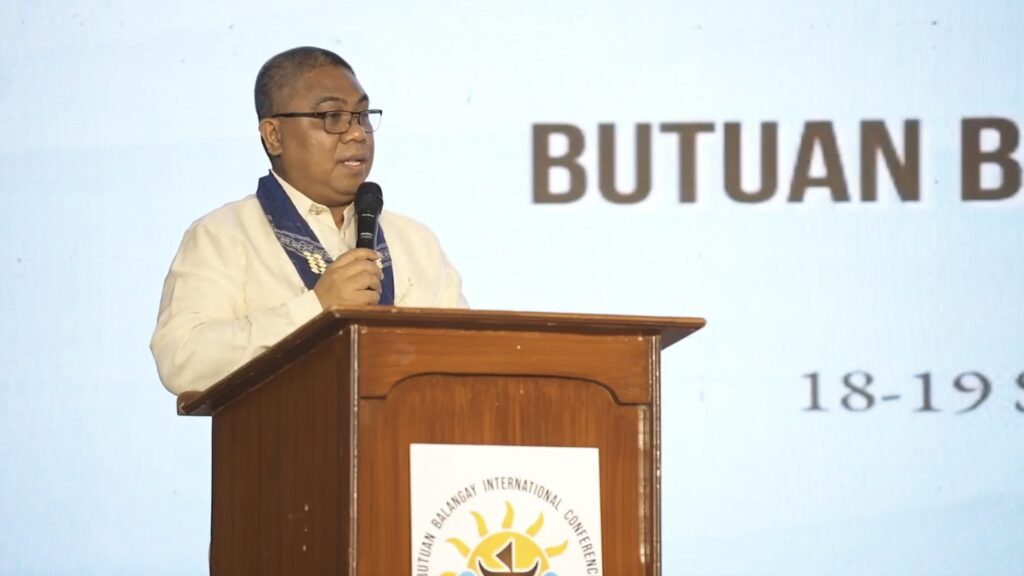
Caraga State University President Rolyn Daguil showcases the culture of Butuan in his inspirational message for the Butuan Balangay International Conference. Screencap from the SDE video of the conference’s first day.
A restaging of the epic play “Lawig Balanghai” by playwright Fe Remotigue — which dramatizes the epic maritime journeys and cultural significance of the balangay through the lens of the precolonial Lapacnon people of Mindanao and their struggle against colonialism — capped the first day of the conference.
The UP School of Archaeology also soft-launched its digital archeology initiative through the UP Heritage and Archaeology through Big Data and Imagery or HABI Laboratory as part of the exhibitions during the conference.
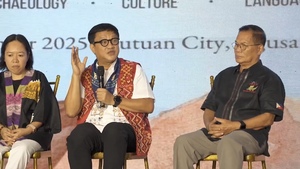
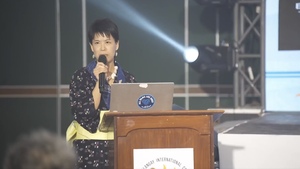
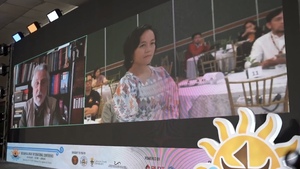
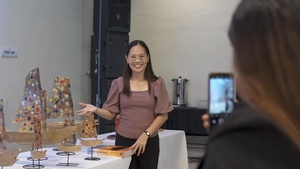
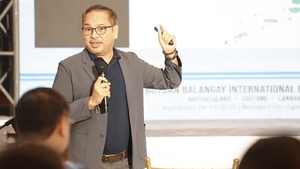
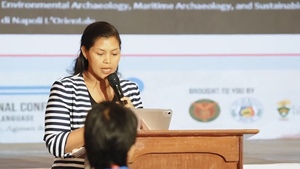
Sights from the Butuan Balangay International Conference 2025
A transformative investment in archeological infrastructure, the UP HABI Laboratory seeks to supplement traditional documentation with digital tools and innovations to accelerate research into the Butuan balangay boats, preserve vanishing maritime traditions and create immersive and accessible experiences to connect contemporary Filipinos with their ancestral seafaring identity and legacy.
The initiative’s soft-launch exhibited interactive 3D scanned archaeological sites and materials, including scans of the Butuan balangay boat planks from the collaborative research between the UP School of Archeology and the National Museum led by Nero Austero and Rachelle Anne Geline Ureta.
“As we chart Butuan’s future, we are inspired by the lessons of the balangay,” Butuan City Mayor Lawrence Lemuel Fortun shared. “Just as it was built with craftsmanship and respect for nature, we aim to grow sustainably, mindful of the environment we inherit and pass on.”
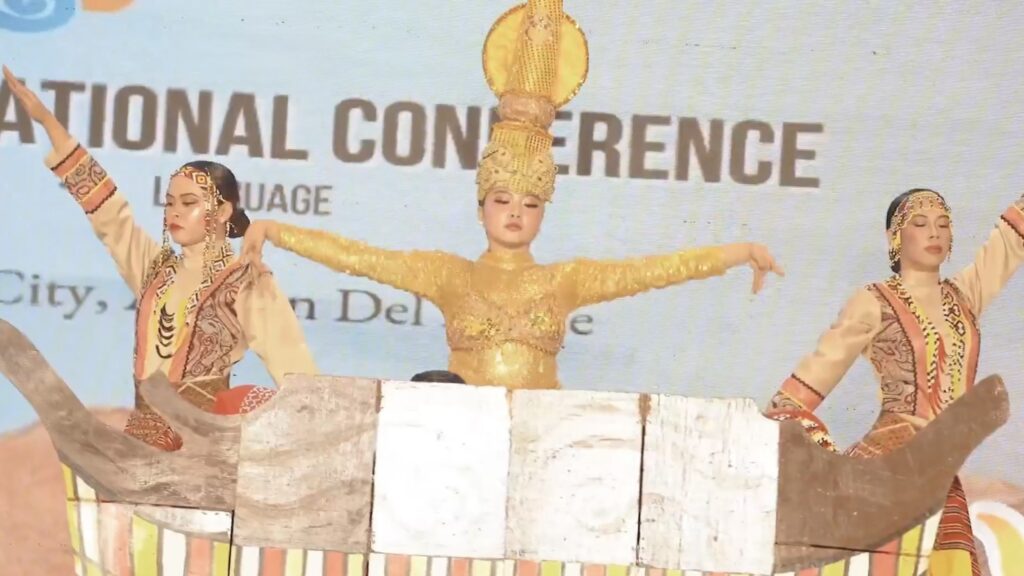
Cultural groups from Butuan also showcased indigenous performances between conference sessions. Screencap from the SDE video of the conference’s second day.
Watch a recording of the Butuan Balangay International Conference 2025 here.
Cover photo taken from Butuan Balangay International Conference 2025 Facebook page.
